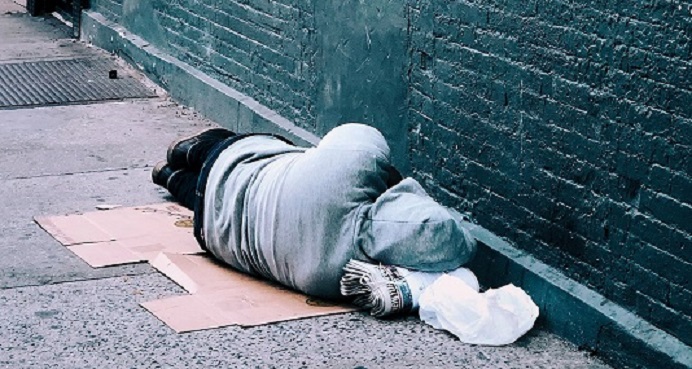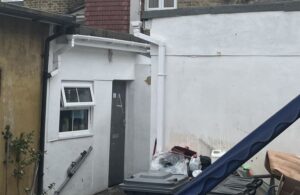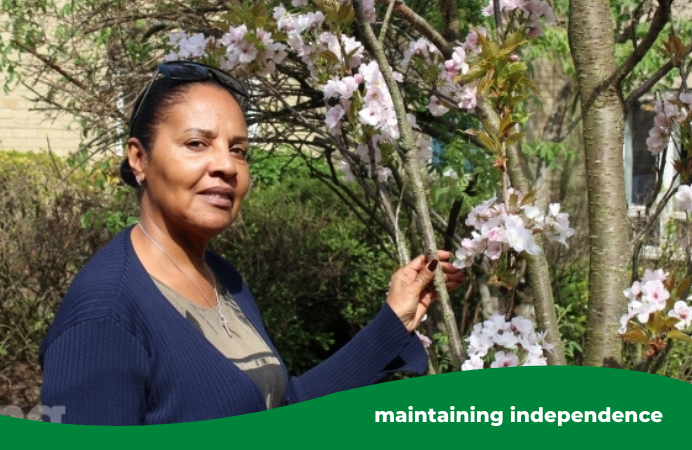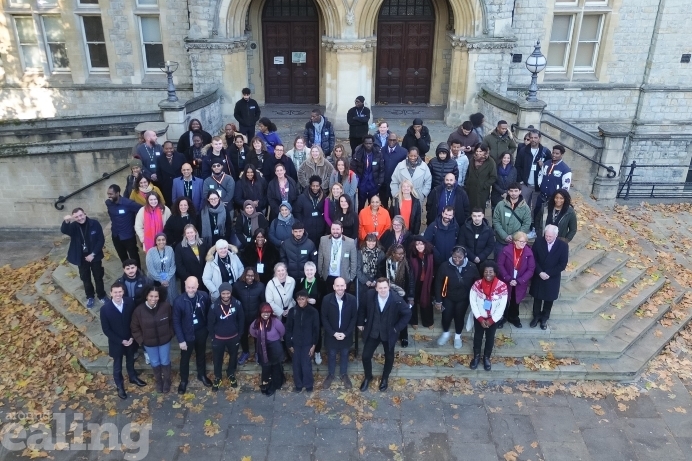Beds for eligible rough sleepers in the borough are now at an all-time high, with more than 100 now available, and Ealing Council has secured extra government funding to offer even more support to these very vulnerable people.
However, the cost of living crisis has led to a rise in the number of people sleeping rough. And, although the borough is better equipped than ever before to support rough sleepers, there are some people that the council is unable to offer help to. In fact, the council has called for a change in the law so it can start to do something about this problem.
This is because, under current laws, not all of the people sleeping rough can be offered help by the council, even with the additional funding it has secured. The borough has a comparatively large number of rough sleepers who are ineligible for publicly funded support. In recent years, an average of two thirds of rough sleepers have been non-UK nationals who are caught up in the immigration system or overstayed after their visa ran out.
They cannot legally work, rent or claim benefits (otherwise known as having no recourse to public funds, or NRPF) which makes it extremely difficult to offer them a route off the streets. If they lose their jobs in the informal economy, they can quickly end up on the streets and develop dependencies on alcohol and drugs. Ealing now has one of the highest levels of homeless people with NRPF in London.
No legal powers to help
There are only two specific ways in which someone with NRPF can get help from councils under normal circumstances. The first is if they have a health condition or similar which leaves them very vulnerable. The other is time-limited support when temperatures are forecast to be at or below freezing point. When that happens, the London-wide Severe Weather Emergency Protocol kicks in and rough sleepers with NRPF are offered emergency beds, for example in a rest centre, until the temperature rises.
The COVID-19 pandemic meant that NRPF restrictions were temporarily cast aside, and across the country, councils provided accommodation for that group of people under the government’s Everyone In approach. But with the end of the pandemic, councils were left with no legal power to continue to support them. Black market jobs have come back, often including some sort of cheap accommodation, and so many of the group some have been reabsorbed into the black economy and are not street homeless. But several others are back sleeping rough.
Ealing Council and its local partners have called for the government to offer temporary refugee status to people with NRPF. That would give them five years of limited leave to remain in the UK, when they could legally work, study, rent, and access the NHS and benefits, get the sustained help they need, and make a normal contribution to society.
‘Hands tied by the law’
Councillor Peter Mason, leader of the council, said: “No one in Ealing should have to sleep rough. Everyone who needs a bed for the night in the borough should be able to access somewhere to stay and get the support they need to stay off the streets.
“However, our hands are tied by the law when it comes to offering help to the desperately disadvantaged rough sleepers with no recourse to public funds. We urgently need a change in government policy to allow us to intervene and work with them in the long term. We can only achieve the government’s stated ambition of getting rough sleepers off the streets for good by removing the obstacle of NRPF completely.”
How you can help
If you are concerned about someone sleeping rough, let Street Link know.
Want to donate to a local charity which supports the homeless? There are three in the borough:
- Ealing Churches Winter Night Shelter – you can donate on its website
- Hope for Southall Street Homeless – to find out how to support it, you can visit its website
- Acton Homeless Concern – find out more on its website.
If you are concerned about your own housing situation, contact the council’s housing advice service on 020 8825 6444, where you can speak to a duty officer, or leave a message requesting an emergency call back.





